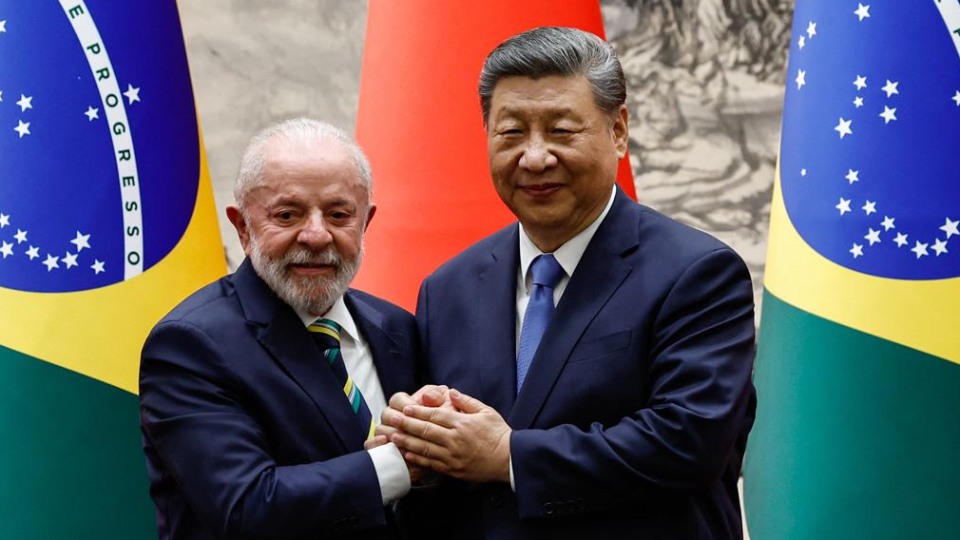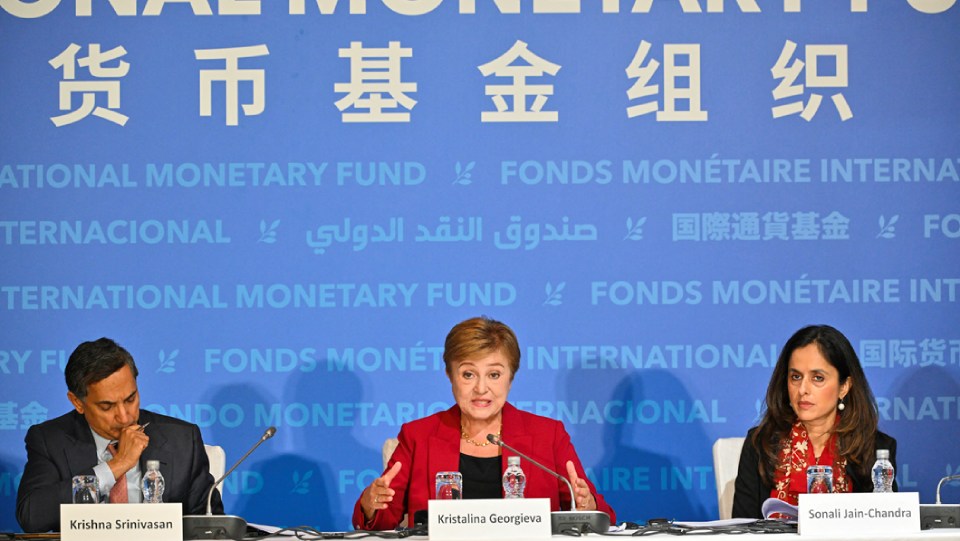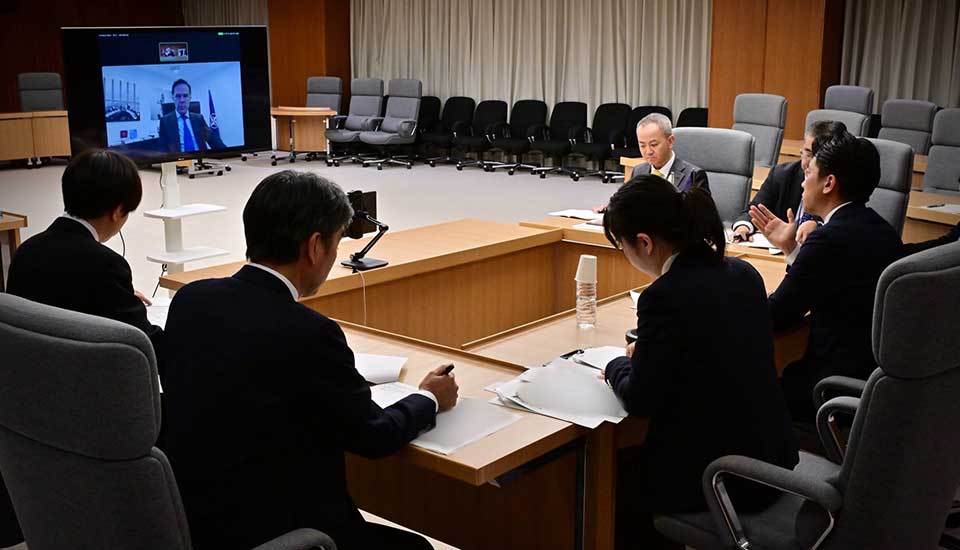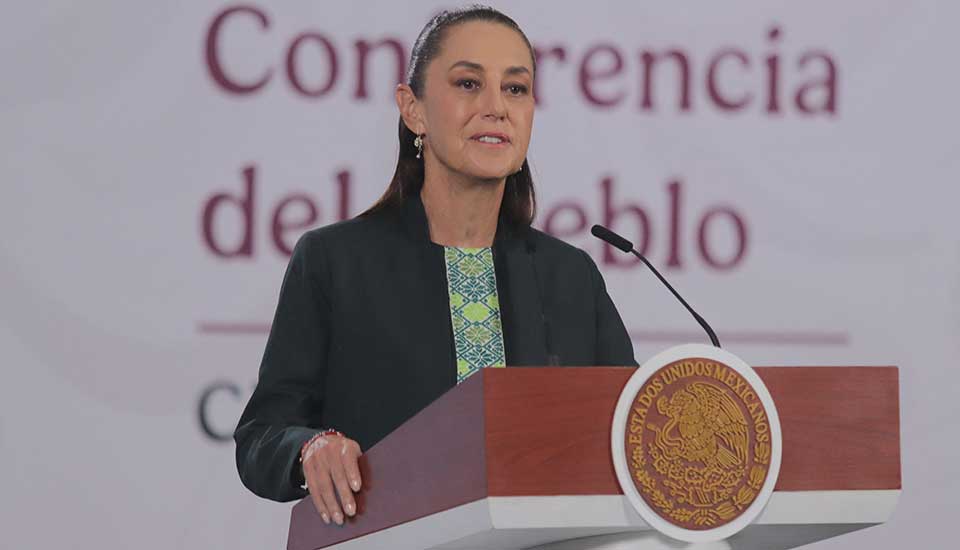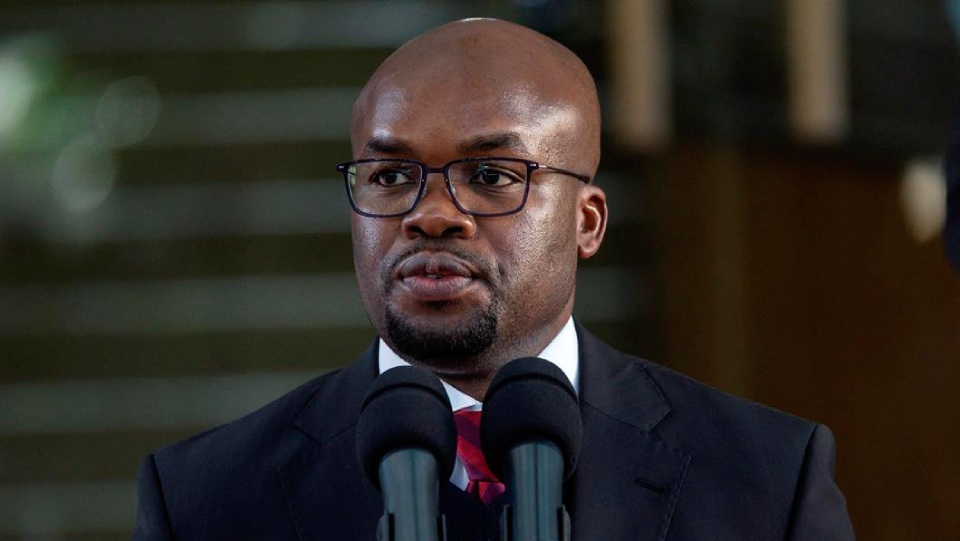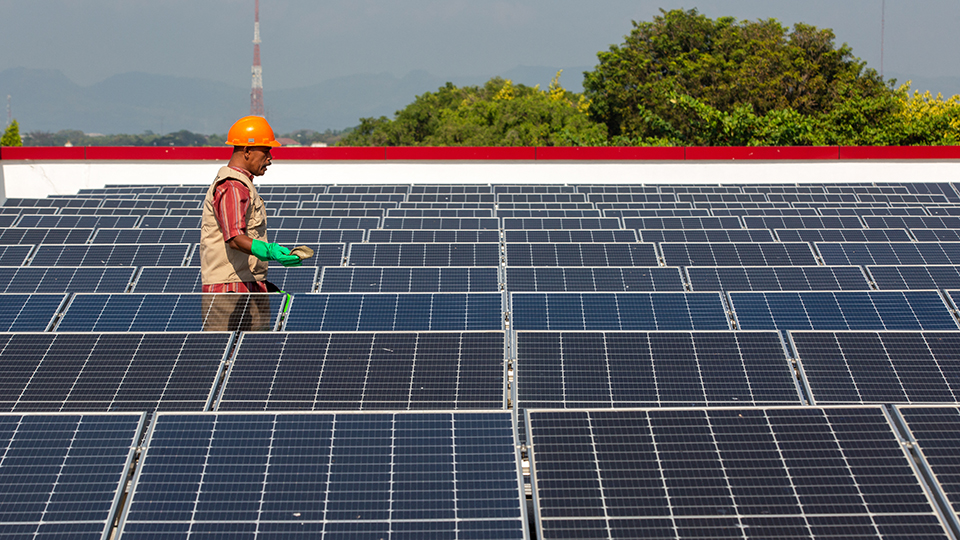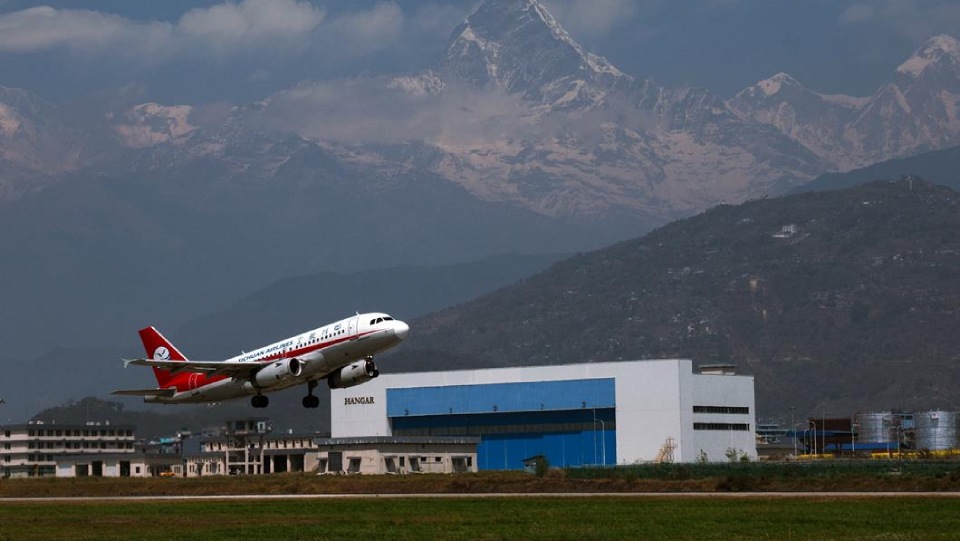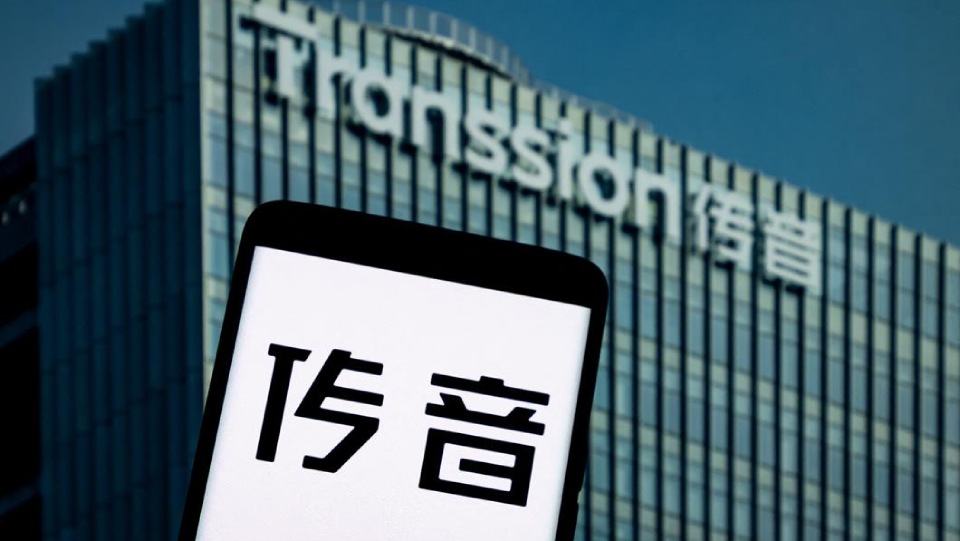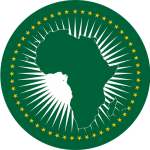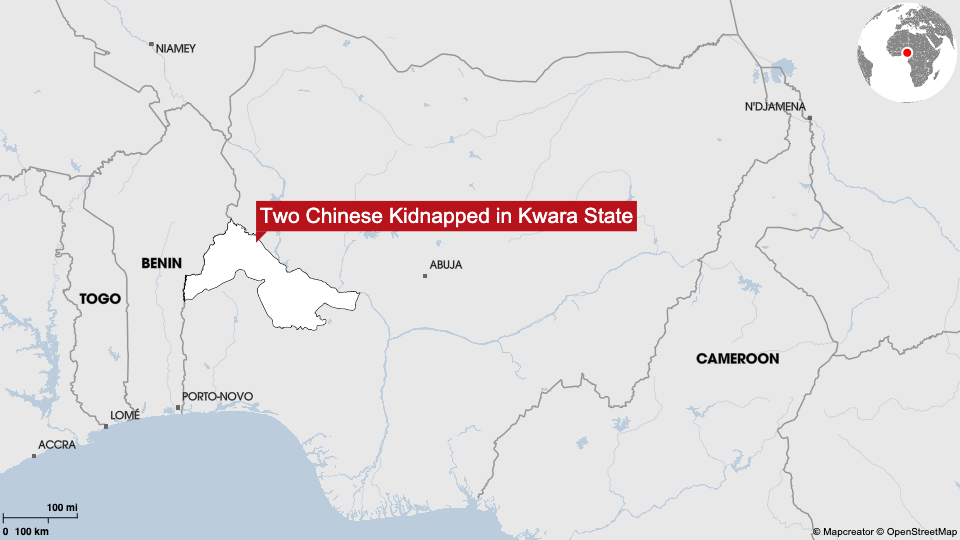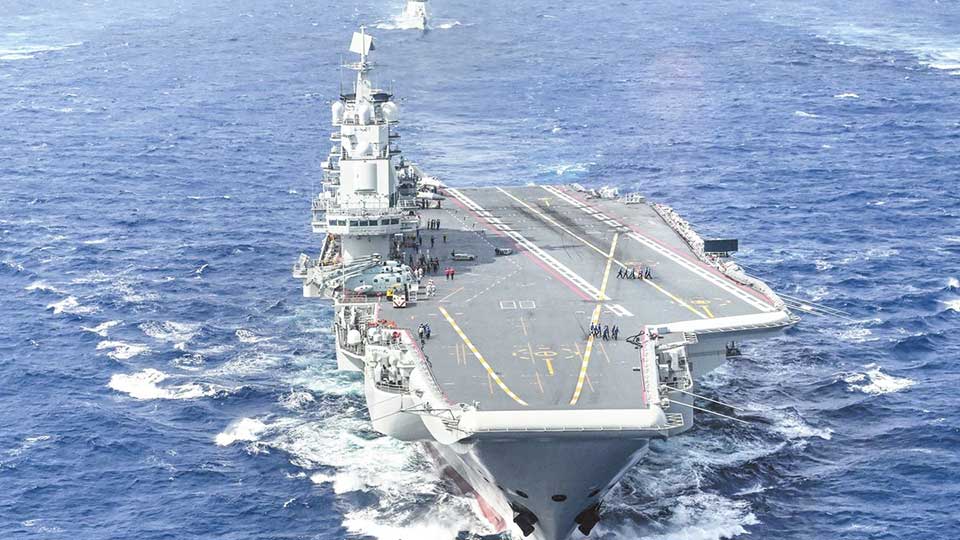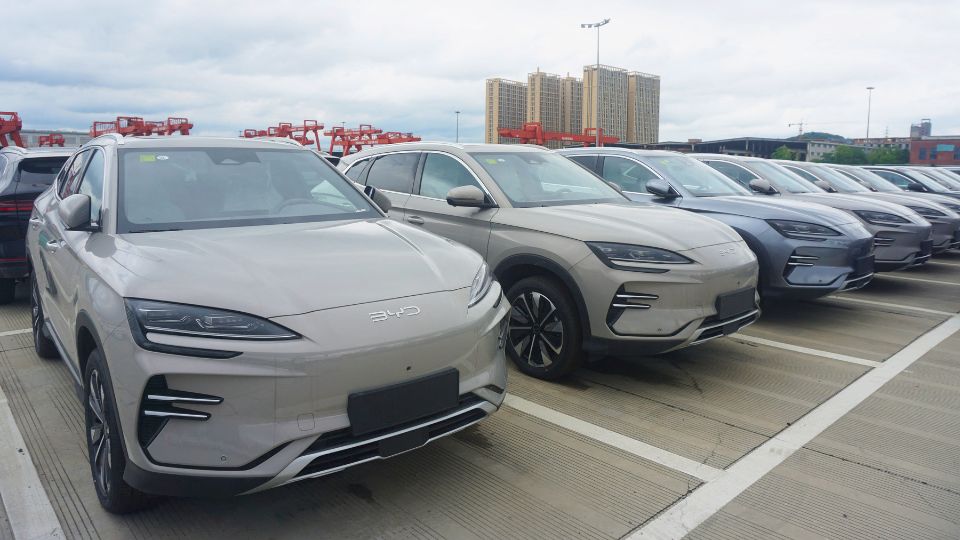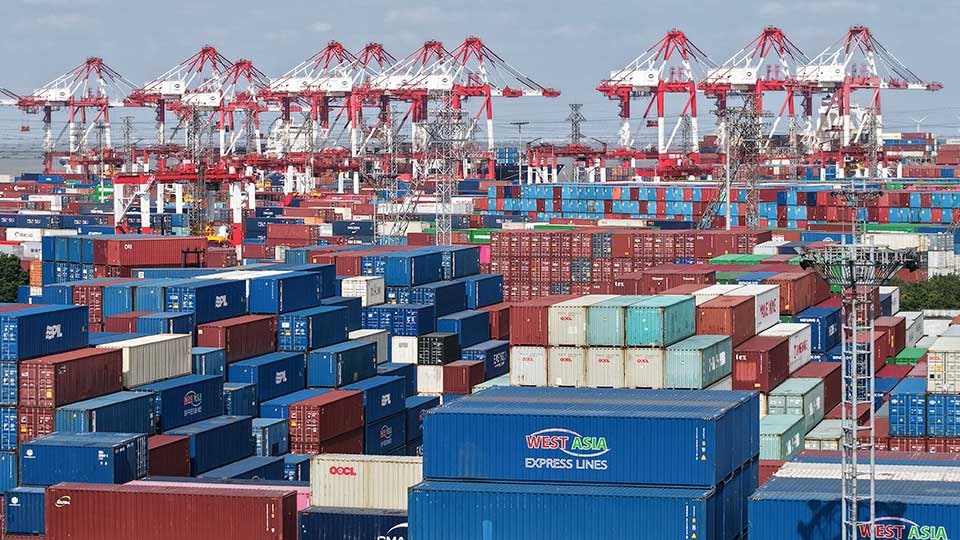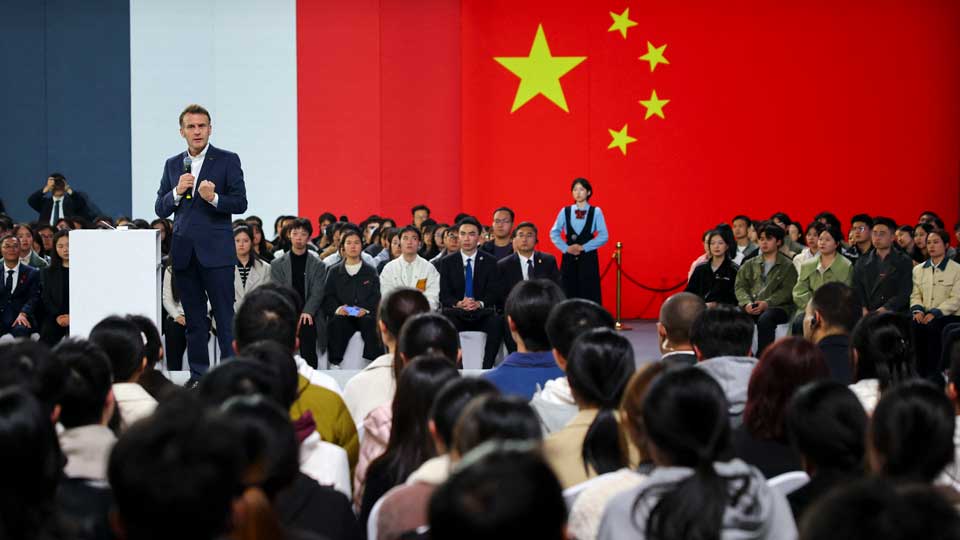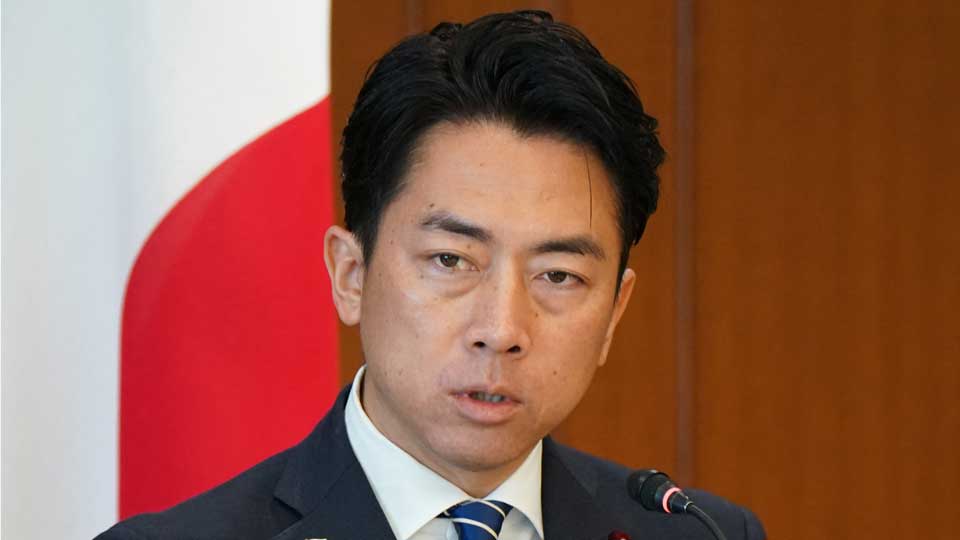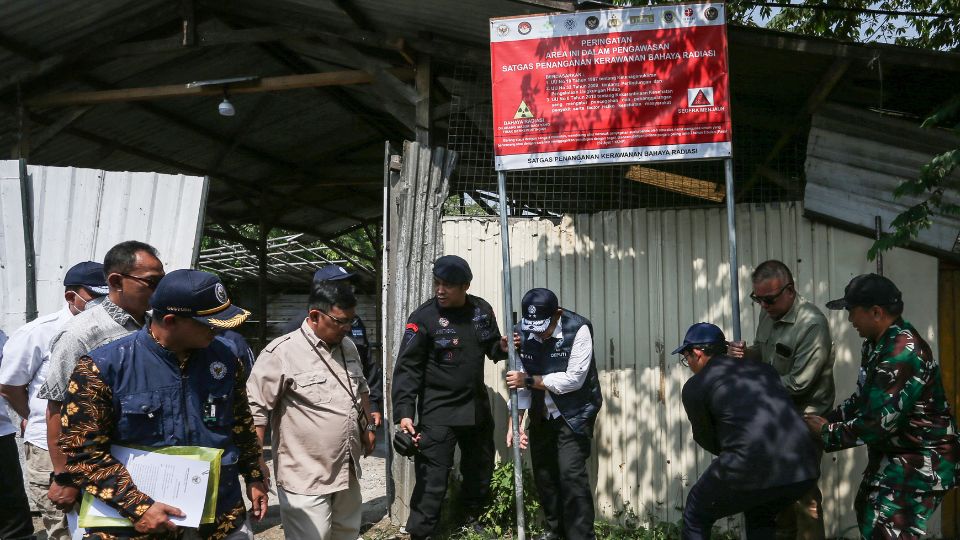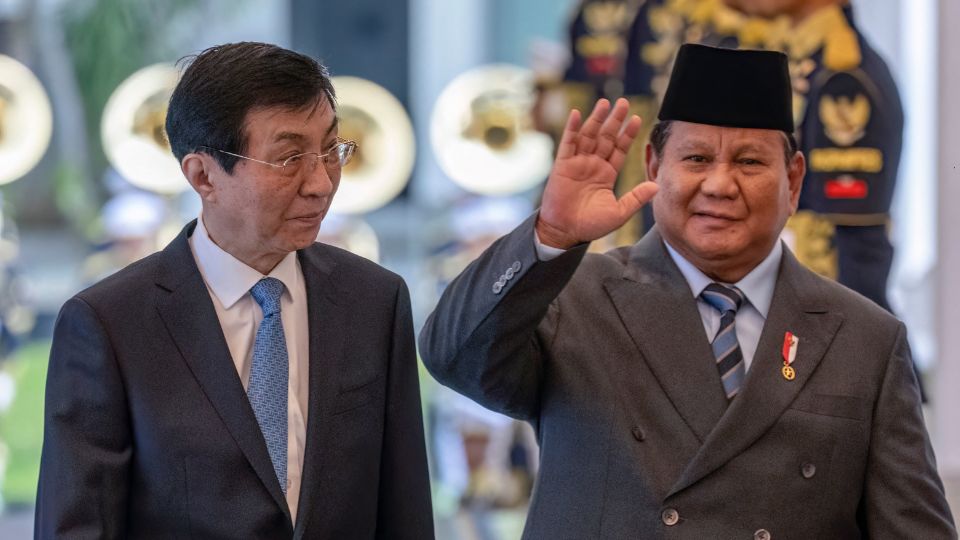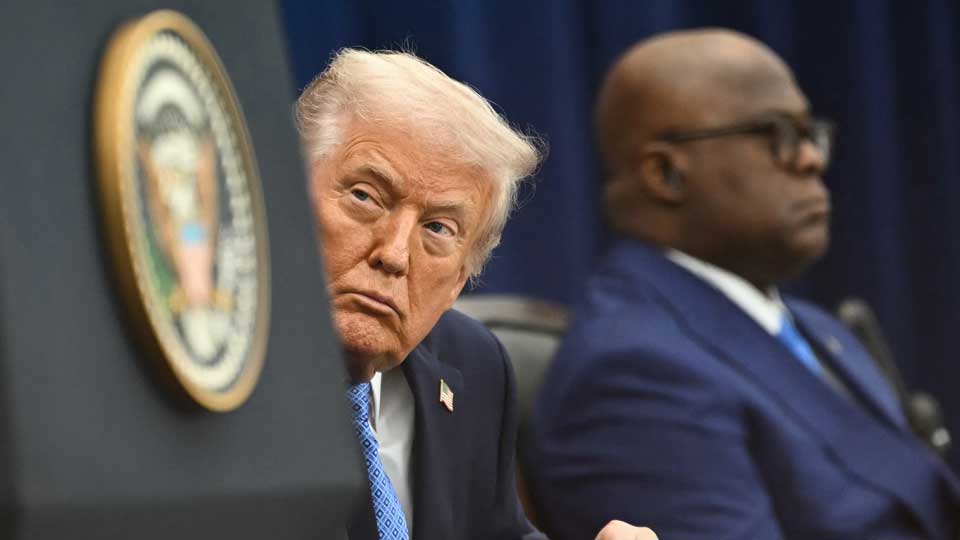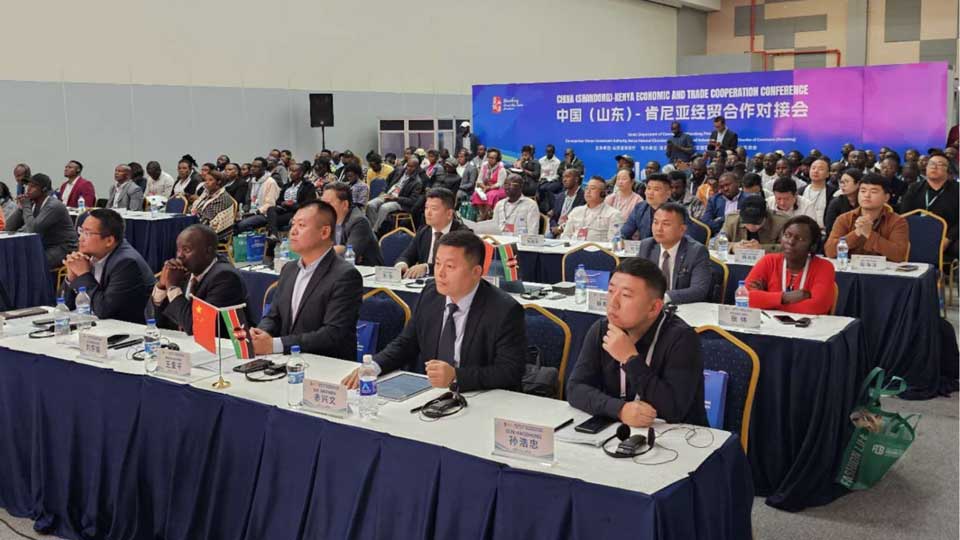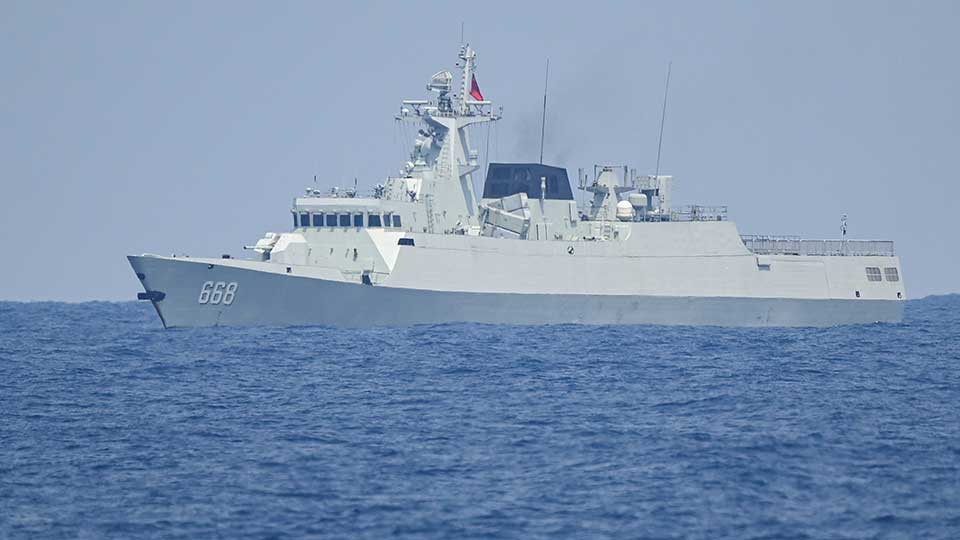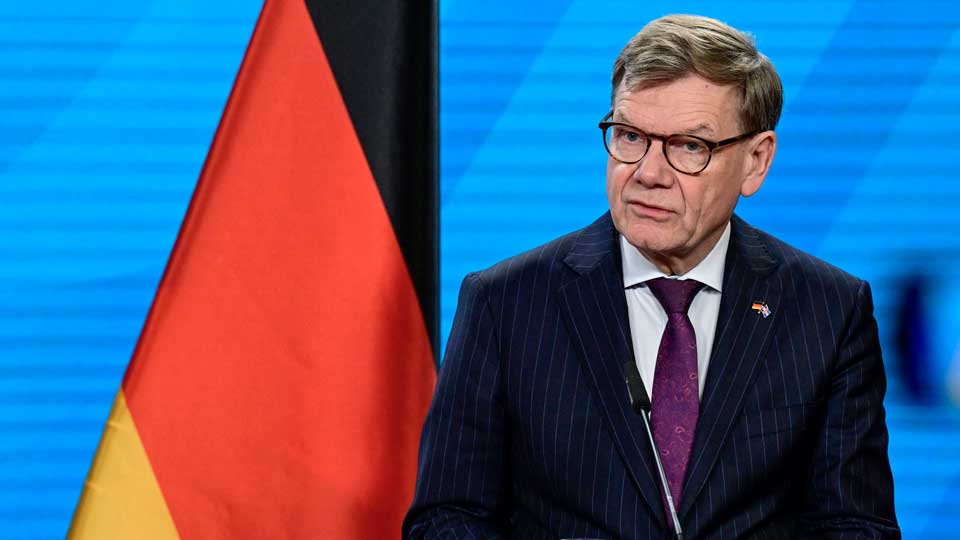Live Feed
The News Feed is curated by CGSP’s editors in Asia and Africa.
China convened representatives from 43 countries at the United Nations in New York to establish the Group of Friends of Global Governance, a group dedicated to the implementation of China’s Global Governance Initiative. In ...
China and Brazil Build Space Laboratory
Brazil has reportedly started building a joint lab with a Chinese company to advance space technology. A spokesperson for the Chinese defense tech company China Electronics Technology Group Corp (CETC) confirmed that ...
China Releases New Policy for Latin America and the Caribbean
The Chinese government released its third policy paper on Latin America and the Caribbean on Wednesday. It follows earlier documents issued in 2008 and 2016. The document outlines cooperation plans across a ...
IMF Calls for RMB Appreciation
The head of the International Monetary Fund called on China to allow the renminbi to strengthen, increase domestic consumption, and reduce its dependence on exports IMF Managing Director Kristalina Georgieva told reporters in ...
U.S., Japan Hold Joint Air Exercise After China-Russia Patrols
Japan said Thursday it held a joint air exercise with the United States in a show of force, days after Chinese-Russian patrols in the region and following weeks of diplomatic feuding between Tokyo ...
Japan, NATO Share ‘Grave Concern’ Over China, Russia Flights: Tokyo
NATO chief Mark Rutte and Japan’s defence minister shared their “grave concerns” about recent joint patrols by Chinese and Russian aircraft, Tokyo said. The incident on Tuesday came as Japan-China relations worsen after ...
Mexico Approves Measure Raising Tariffs on Chinese Imports
Mexican lawmakers on Wednesday backed a measure to raise tariffs on goods from China and other countries that do not have trade agreements with Mexico, despite strong pushback from Beijing. The move, spearheaded ...
China Seeks ‘Fair’ South China Sea Order as It Rejects 2016 Ruling
China’s vice-foreign minister told a major forum on Wednesday that Beijing wants to ease disputes with Southeast Asian neighbours in the South China Sea and build a “fair and just” maritime order. At ...
High-Level Kenya-China Meeting on Security
Kenya hosted a high-level delegation from China to discuss improving the security of Chinese workers and project sites in the country. Raymond Omollo, Kenya’s Principal Secretary of Internal Security and National Administration and ...
China, Iran, Saudi Arabia Reiterate Cooperation, But Barriers Remain
Officials from China, Iran, and Saudi Arabia convened in Tehran for trilateral talks on Tuesday. It was the third meeting of their trilateral committee following China’s brokering of a historical Iran-Saudi detente in ...
China’s $180 Billion Clean Tech Push Reshapes the Global South
Indonesia has become a key test case of China’s clean-energy expansion overseas. A recent report counts about $22.6 billion in Chinese-linked projects have been announced there over the past two years, including ...
South Korea Scrambles Jets After Russian, Chinese Planes Approach
South Korea said it had sent up fighter jets on Tuesday after seven Russian and two Chinese military aircraft entered its air defense zone. The Russian and Chinese aircraft entered the Korea Air Defense Identification ...
Nepal Charges Chinese Company with Corruption
An anti-corruption body in Nepal charged 55 people, including five ex-ministers, with corruption. They are accused of colluding with China CAMC Engineering Co., a subsidiary of the state-owned corporation Sinomach, in corruption ...
Chinese Weapons a Trigger in Thai-Cambodia Conflict: Report
Thai airstrikes against Cambodian military facilities on Monday reportedly targeted Chinese-made rockets. Reuters reported a Thai military official saying the strikes were preceded by surveillance showing the presence of Chinese rockets that could hit ...
Beijing Court Orders Compensation for Eight MH370 Passengers
A Beijing court has ordered compensation for some families of Chinese passengers who vanished on Malaysia Airlines Flight MH370. The rulings are the first clear decisions in lawsuits that have dragged on ...
Transsion, Africa’s Mobile Phone Powerhouse, Seeks Hong Kong Listing to Fuel Global Expansion
Shenzhen-based Transsion Holdings, the longtime dominant cell phone maker in Africa and other developing regions, filed an application last week with the Hong Kong Stock Exchange for a secondary listing. The company already trades on ...
China Presses Its Global Security Vision in Africa With High-Level AU Briefing
The Chinese government is ramping up promotion of its Global Security Initiative to key stakeholders in Africa. Last week, the Foreign Ministry organized a briefing seminar on the GSI at the African Union headquarters in Addis ...
Kidnapping of Chinese Road Builders in Nigeria Underscores Rising Security Fears
Reports are coming out from Western Nigeria that two Chinese nationals supervising the construction of a 130km road project near the border with Benin were kidnapped by bandits. The incident took place ...
China’s Aerial Confrontations With Japan and Philippines Stoke Regional Anxiety Amid U.S. Silence
Tensions surged over the weekend after two dangerous mid-air confrontations between Chinese and Japanese fighter jets and another with a Philippine aircraft over disputed territory in the South China Sea. Tokyo and ...
BYD Is Third in Indonesia as November Sales Fall
China’s BYD has climbed into Indonesia’s top three car brands by monthly wholesale sales, and top six on yearly sales to date, underscoring how quickly Chinese automakers are gaining ground in a ...
China’s Trade Surplus Tops $1 Trillion Despite Plunge in US-Bound Exports
By Peter Catterall China’s towering annual trade surplus surpassed $1 trillion for the first time last month, data showed Monday, as a sharp drop in shipments to the United States was offset by ...
Macron Threatens China With Tariffs Over Trade Surplus
French President Emmanuel Macron said he has threatened China with tariffs if Beijing fails to take steps to reduce its massive trade surplus with the EU, in remarks published Sunday. “I told them ...
Tokyo Says Chinese Jets Locked Radar Onto Japan Fighters
By Kyoko Hasegawa Chinese military aircraft locked radar onto Japanese fighter jets southeast of Okinawa’s main island, Japan’s defence ministry said on Sunday.
Chinese National Suspect in Indonesia’s Cesium-137 Contamination
Indonesian police have named a Chinese national as a criminal suspect after radioactive material traced to his scrap-metal company contaminated exports and triggered a U.S. import alert on Indonesian shrimp. Police ...
Prabowo Reaffirms One-China Principle in Wang Huning’s Indonesia Visit
China’s top political adviser Wang Huning landed in Jakarta Wednesday to Thursday, aiming to ensure Indonesia remains publicly aligned with Beijing on Taiwan and open to deeper economic cooperation in the years ahead. ...
U.S. Mineral-Driven Intervention in Congo Creates Fragile Peace, Chinese Commentator Says
As the United States inserted itself into Congo’s decades-long conflict, a Chinese WeChat commentator dissects the real motivations behind Washington’s diplomacy and why the so-called peace may be more fragile than it seems. Congolese ...
Kenya Sees a Third Wave of Chinese Investment, Led This Time by Shandong
Over more than a decade in Kenya, the popular WeChat commentator Xiao Nie “小聂说事儿,” witnessed three waves of Chinese investment. The first came from Guangdong and Fujian, who are small-scale commodity traders. The second was ...
China’s Naval Push in East Asia Alarms Taiwan and Japan
A cluster of Chinese navy ships steamed across East Asian waters on Thursday morning, part of a largest China naval deployments in East Asia. Regional officials say the armada now stretches from ...
German Foreign Minister to Visit China for Economic Talks
Germany’s foreign minister heads to China this weekend for talks focused on tense economic ties between Europe and Beijing, particularly in the area of rare earths, Berlin said Friday. Johann Wadephul was originally supposed to ...
China Faces Rising Local Debt and Weak Land Revenues
China’s local government debt has reached unprecedented levels as a weak real estate market slashes land-sale revenues that cities once depended on. According to a report that cited Nikkei Asia, total ...
Introducing CGSP Intelligence
CGSP Intelligence gives you the information advantage on Chinese activities in the Global South. CGSP Intelligence is launching in Summer 2025, with analysis and a full set of data tools designed for corporate and enterprise leaders.






